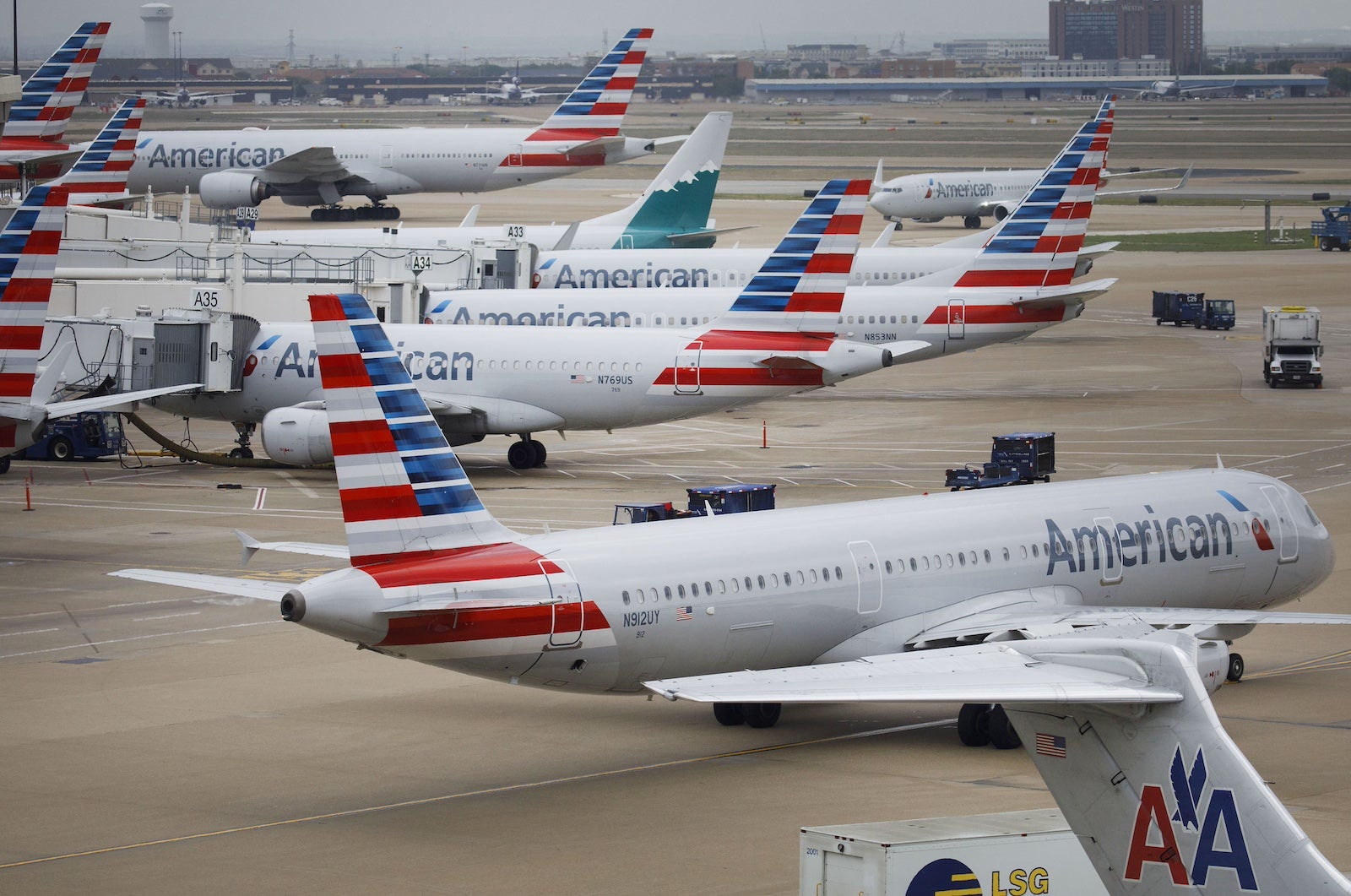It feels like a long time since EA has known what it is for
On Wednesday, it emerged that Electronic Arts has canceled a single-player Black Panther game and shuttered the developer Cliffhanger Games. The studio was founded two years ago expressly to make the game. The news is devastating for the developers, of course, and dispiriting for gamers and Marvel fans. But it’s not surprising. It’s the latest […]


On Wednesday, it emerged that Electronic Arts has canceled a single-player Black Panther game and shuttered the developer Cliffhanger Games. The studio was founded two years ago expressly to make the game. The news is devastating for the developers, of course, and dispiriting for gamers and Marvel fans. But it’s not surprising. It’s the latest in a long line of cutbacks and cancellations from a publisher that seems deeply unsure of itself outside of its comfort zone of live service and sports.
EA’s CEO Andrew Wilson foreshadowed the Black Panther cancellation in early 2024. Announcing a wave of layoffs — the first of several in the past 18 months — he said EA would be “moving away from development of future licensed IP that we do not believe will be successful in our changing industry,” instead focusing on “our owned IP, sports, and massive online communities.” EA has cancelled Star Wars projects too (although it does still have an Iron Man game in development). Wilson seems to have decided publishers’ rush toward the safety of big licences, inspired by the likes of Sony’s Spider-Man series and WB Games’ Hogwarts Legacy, is riskier than it looks — and, after the recent poor reception to Suicide Squad: Kill the Justice League and Star Wars Outlaws, he might have a point.
The question is: What, if anything, will replace these licensed games? EA is pulling down billions of dollars in revenue every year, the majority of it from selling Ultimate Team loot boxes for its sports games (even if those games aren’t selling as well as hoped), as well as Apex Legends battle passes and content for The Sims. EA is a very successful live-service publisher. Financially at least, that should be enough. But EA itself seems to have a love-hate relationship with its status as a live-service pipeline.

Management initially encouraged BioWare to turn the last Dragon Age into a live-service game. That didn’t end up happening — and, perhaps, EA higher-ups were discouraged after the failure of BioWare’s Destiny competitor, Anthem — so they agreed to change course and commit to a single-player role-playing game. But when Dragon Age: The Veilguard finally came out after a decade of confused development, and didn’t immediately set the world alight, Wilson said that maybe it should have had “shared-world elements” after all.
EA’s stated focus now, outside of its sports titles, is on four live-service franchises: Battlefield, The Sims, Apex Legends, and Skate, the last of which is about to make a long-awaited return as a free-to-play skateboarding MMO. Battlefield, too, is on the verge of a high-stakes relaunch after 2021’s Battlefield 2042 fell flat — the latest in a long series of ups and downs for a franchise that EA has never managed to turn into a Call of Duty-style reliable warhorse. Apex Legends still has solid player numbers, but years of mismanagement has squandered much of its community’s goodwill.
In truth, while EA has tremendous scale, it isn’t all that good at running live-service games. The company often seems to be going through the motions or trying to brute-force success. On the sports side, there’s a niggling worry among investors and analysts that the air is starting to leak out of the Ultimate Team bubble. In this context, EA’s marketing team casts around for any hint of freshness — like the success of Hazelight Games’ It Takes Two and Split Fiction, published through its indie-friendly EA Originals label, which Wilson has been keen to trumpet — or fan-service, like BioWare’s upcoming (but, perhaps, diminished) Mass Effect game. But the company’s heart doesn’t seem to be in those, either.

EA apparently has no faith in single-player games, only it can’t stop making them and cancelling them. (Apex Legends and Star Wars Jedi developer Respawn Entertainment has seen three projects canceled in two years.) EA says it believes in live-service games, but most of its titles seem to be entering a phase of managed decline. It never launches new IP, yet it has an unnerving talent for killing its existing properties off: Titanfall, Need for Speed, Sim City, Dead Space, and maybe even Dragon Age, to name just a few.
What is EA for? What does its brand mean? I honestly couldn’t tell you, and the answers provided by Wilson and his fellow executives are changeable and unconvincing. The strategy seems haphazard. Shareholders can relax; the Ultimate Team money keeps rolling in. But without a hint of vision, and the tiniest spark of daring, pretty soon there will be nothing left to invest it in.


































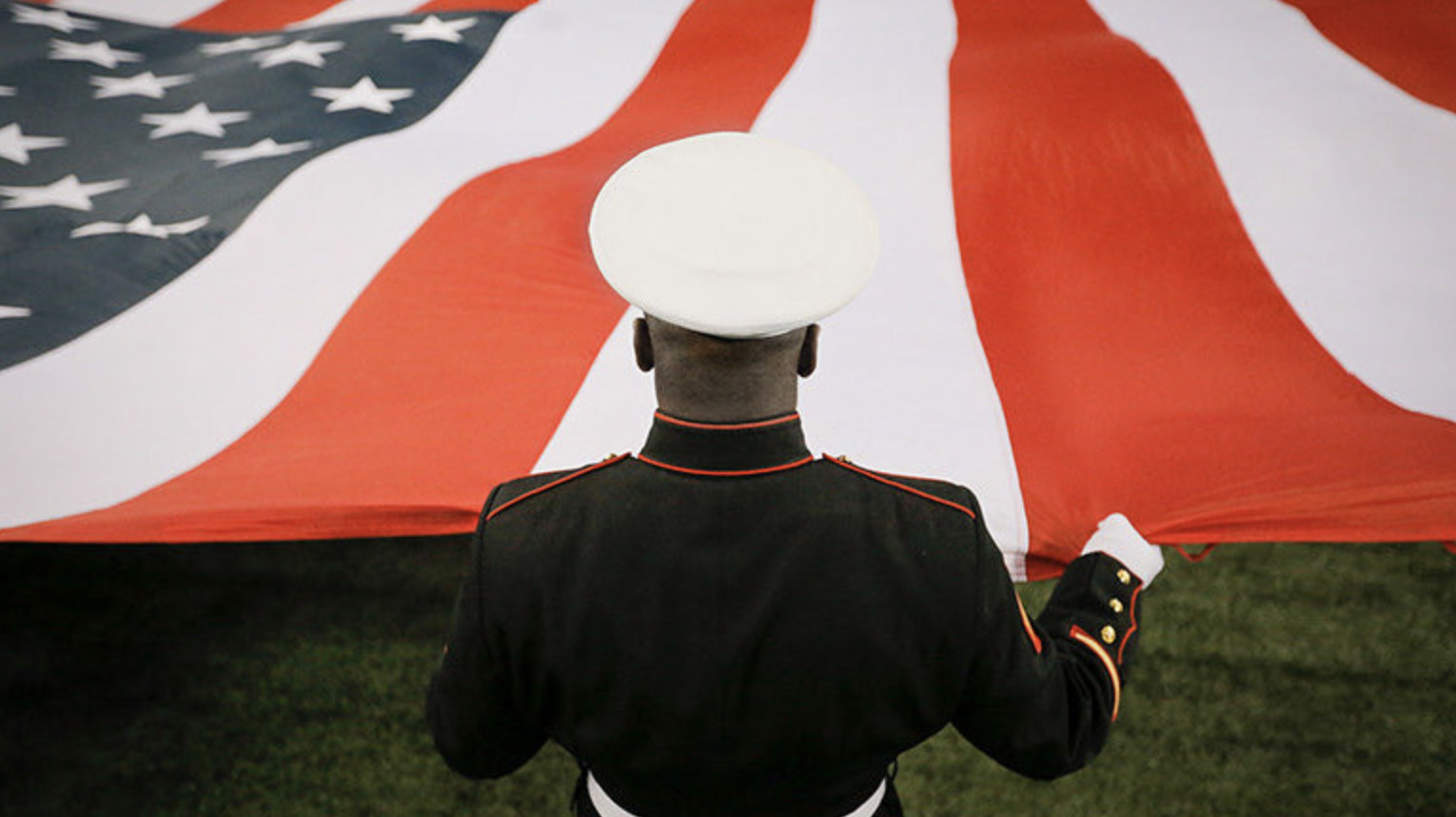















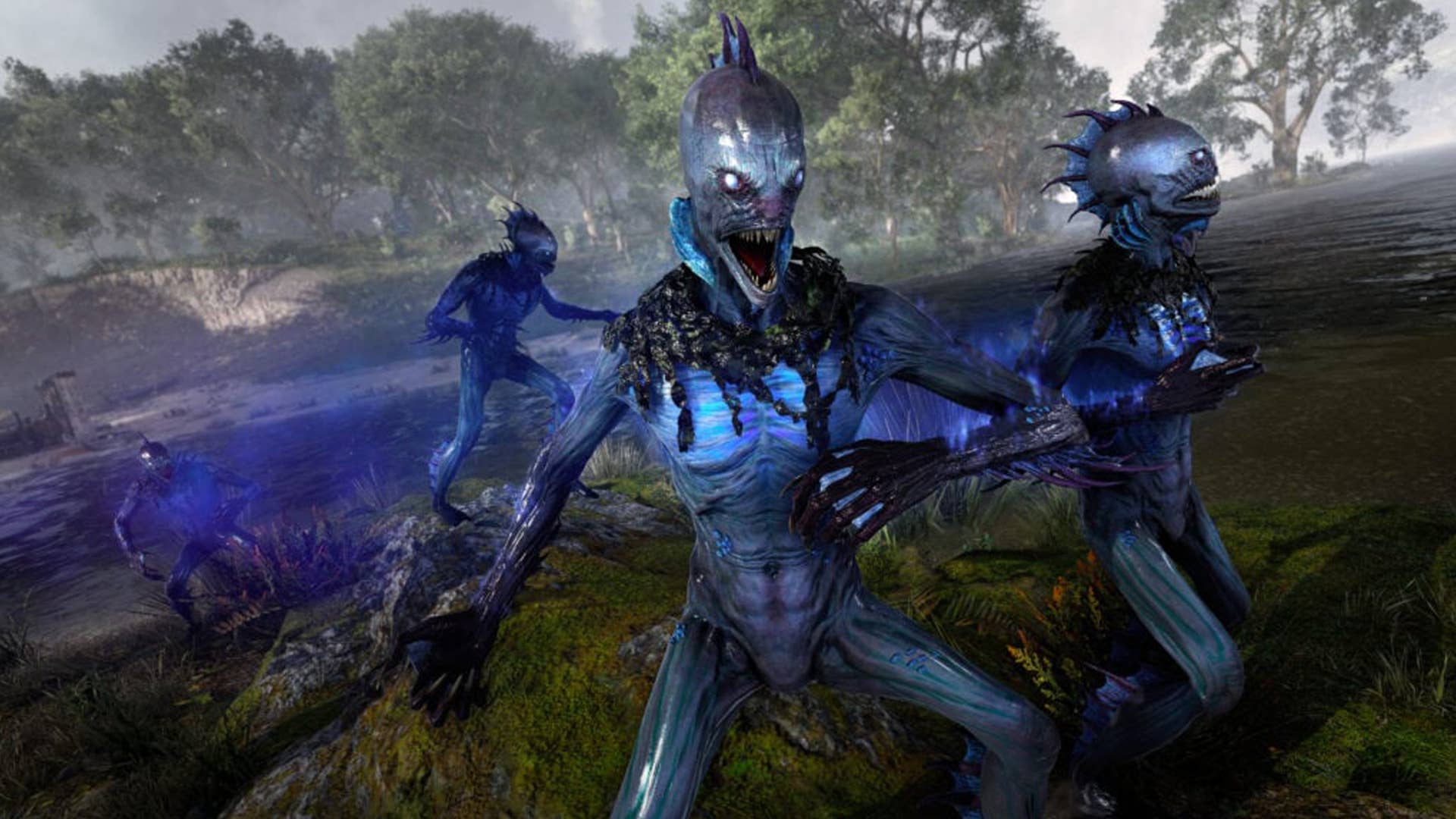

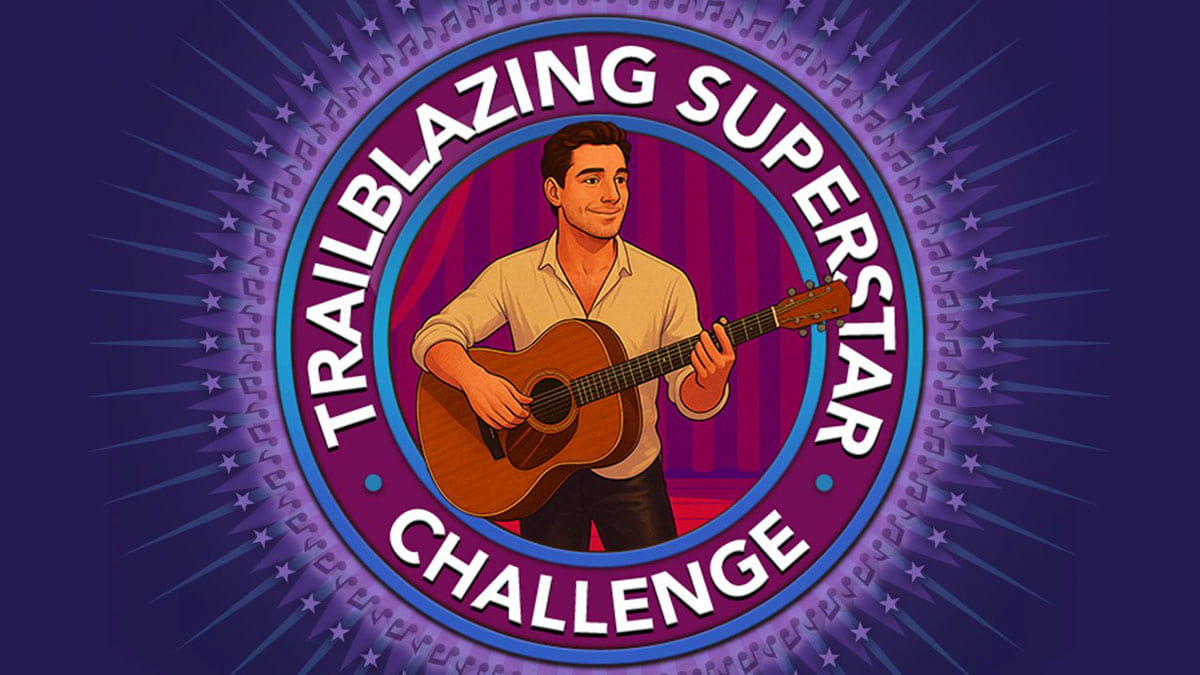

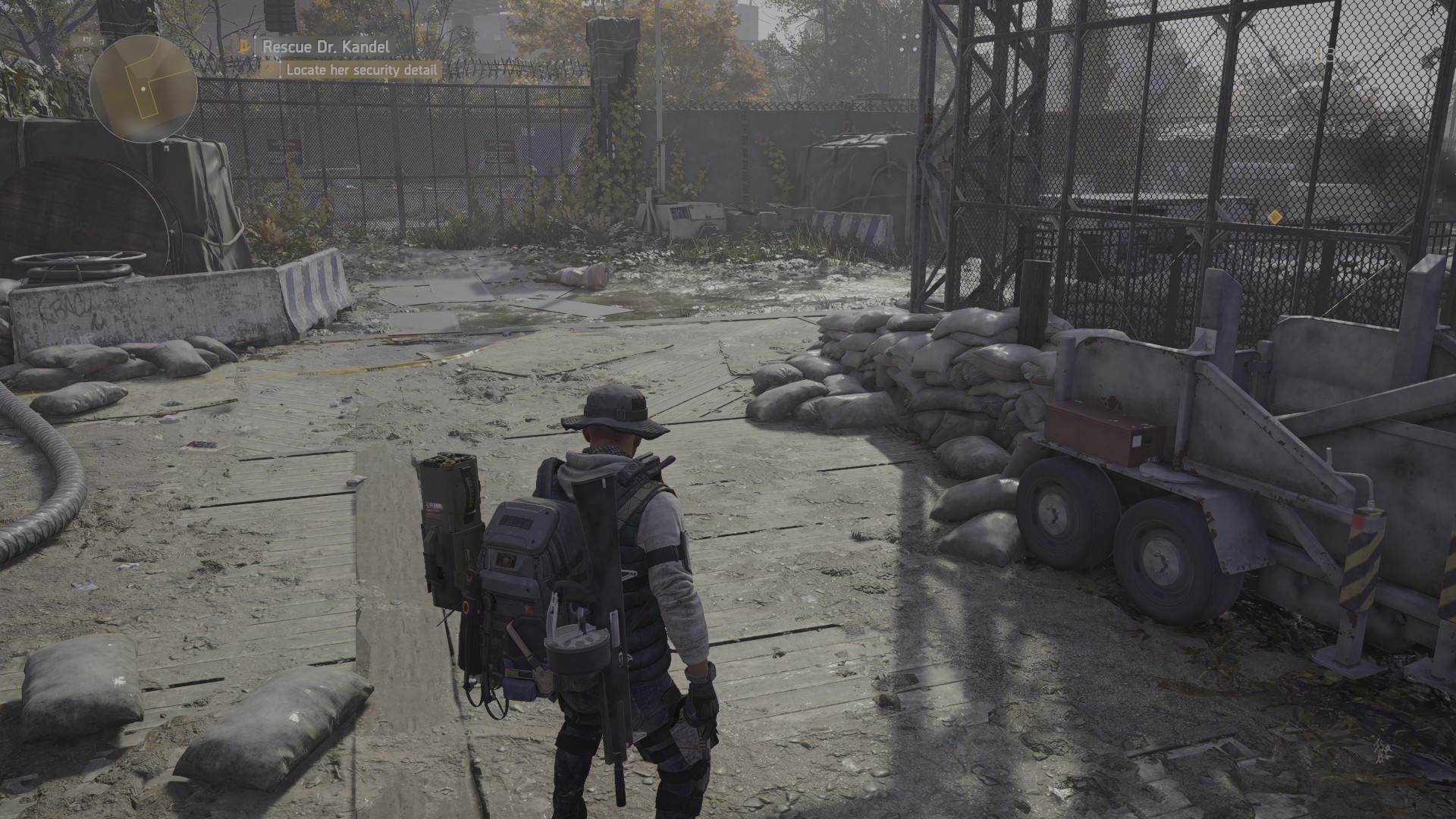
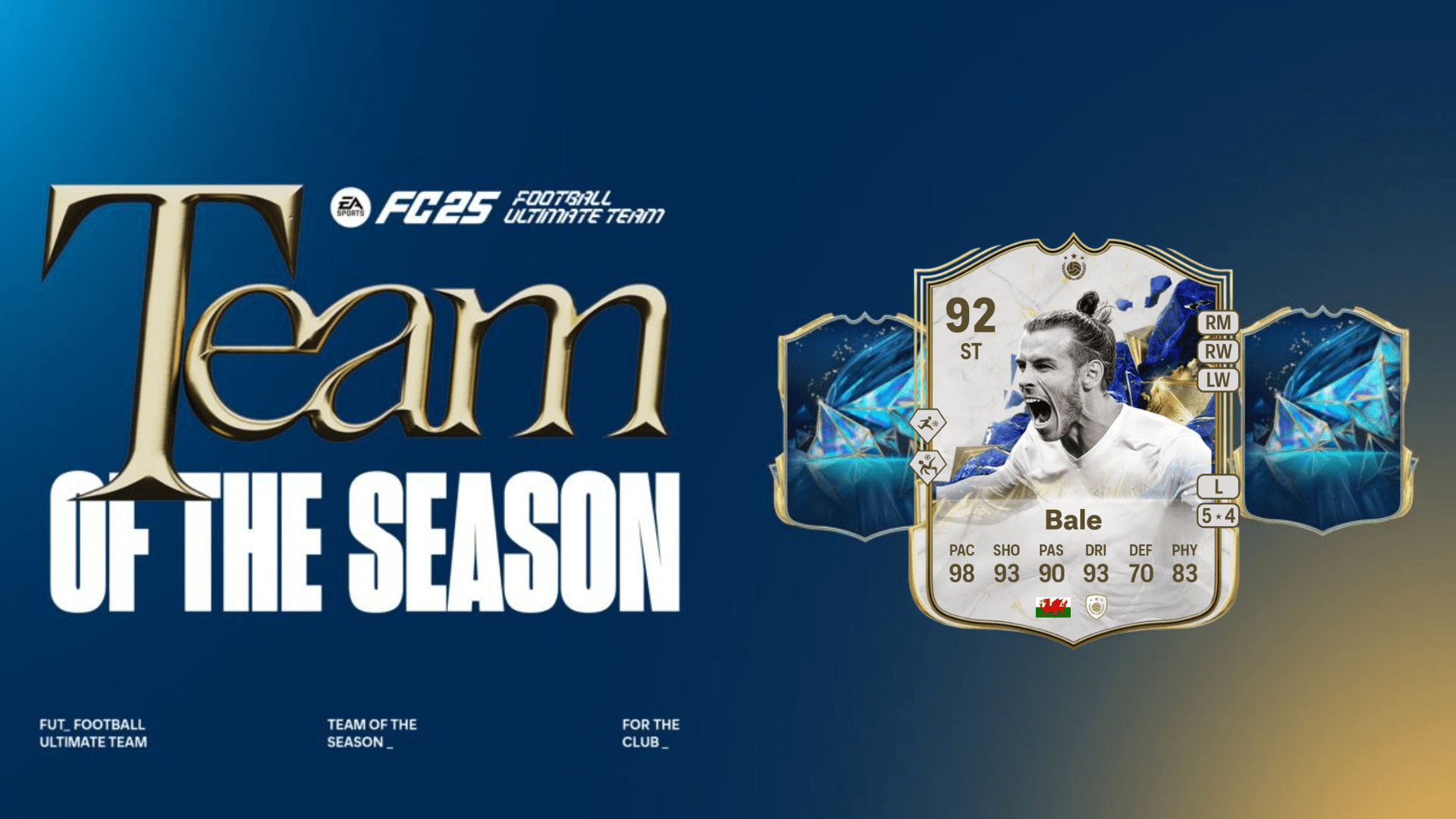
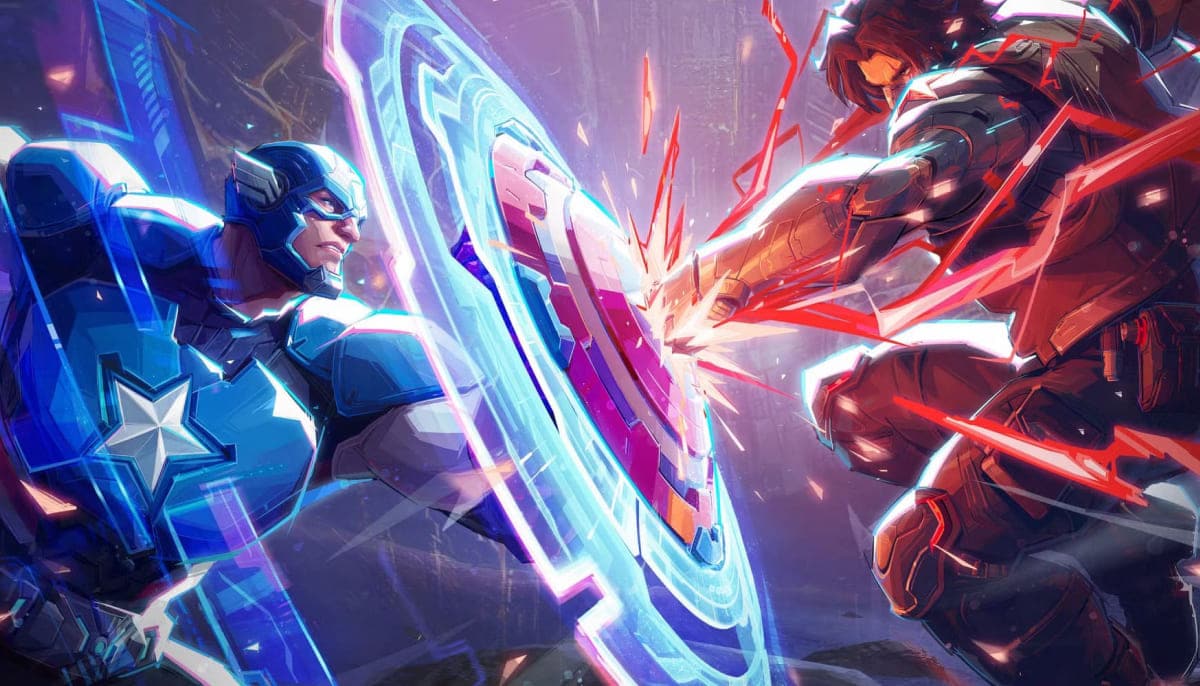
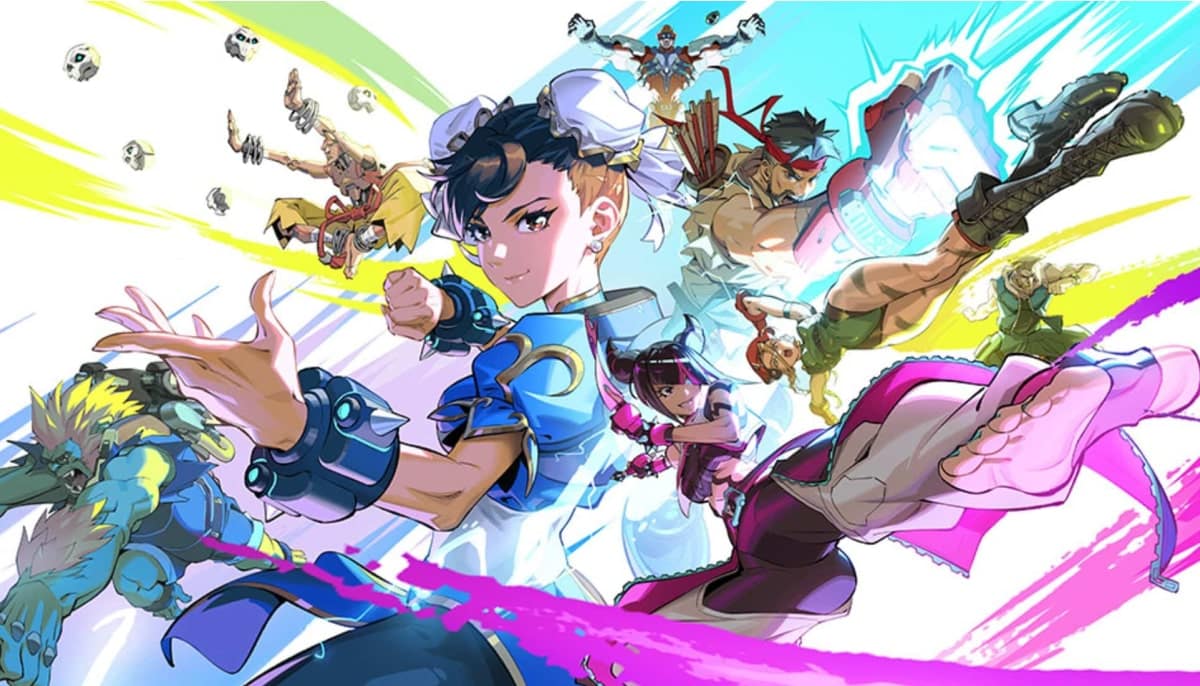

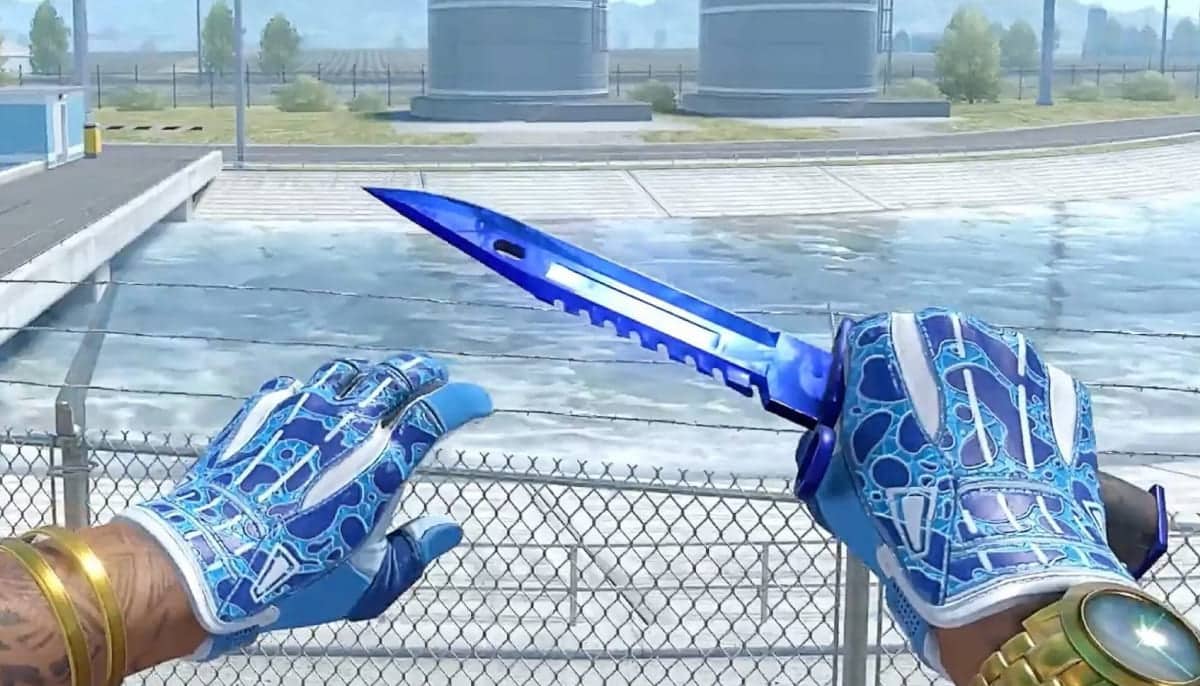
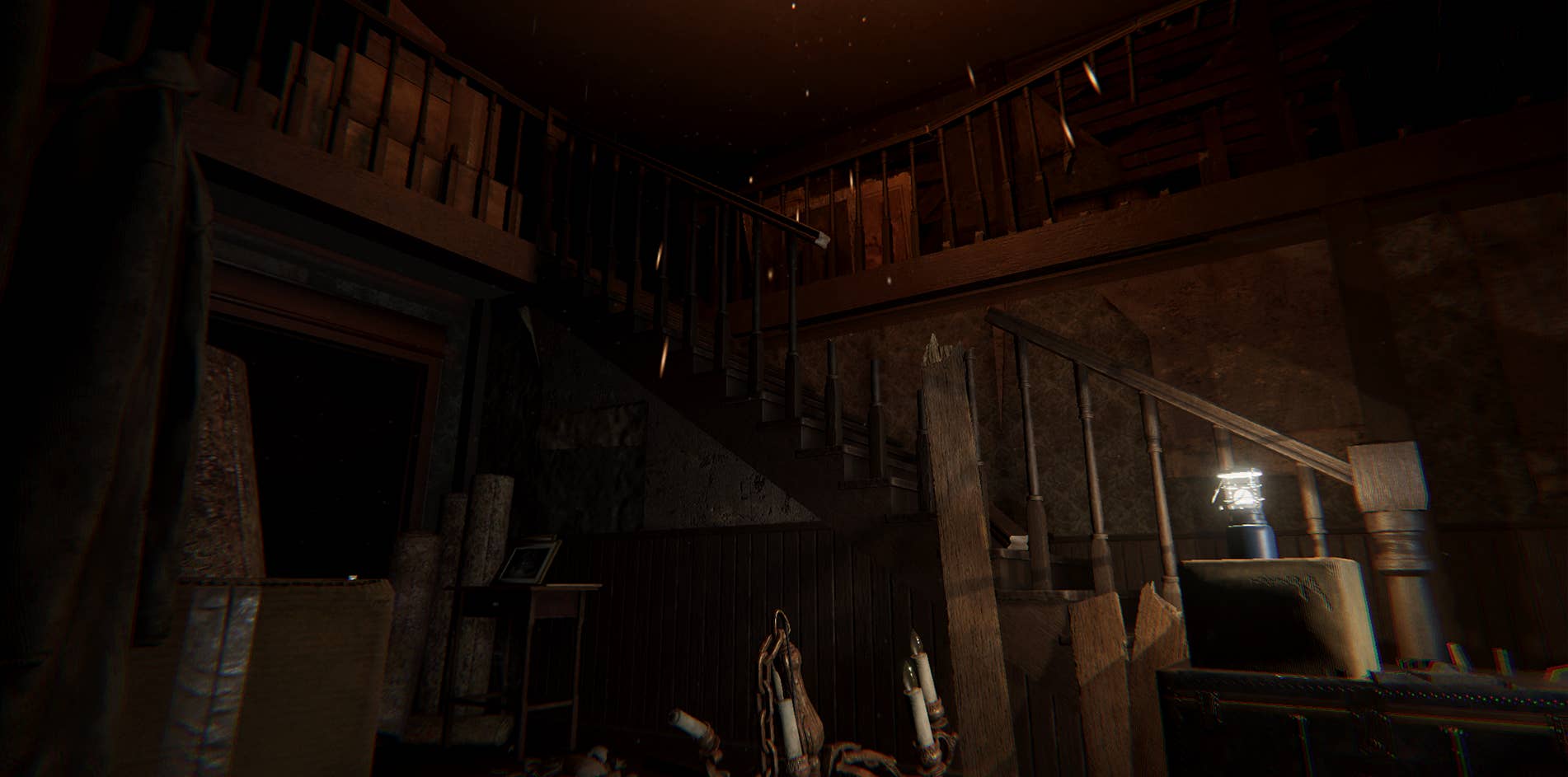
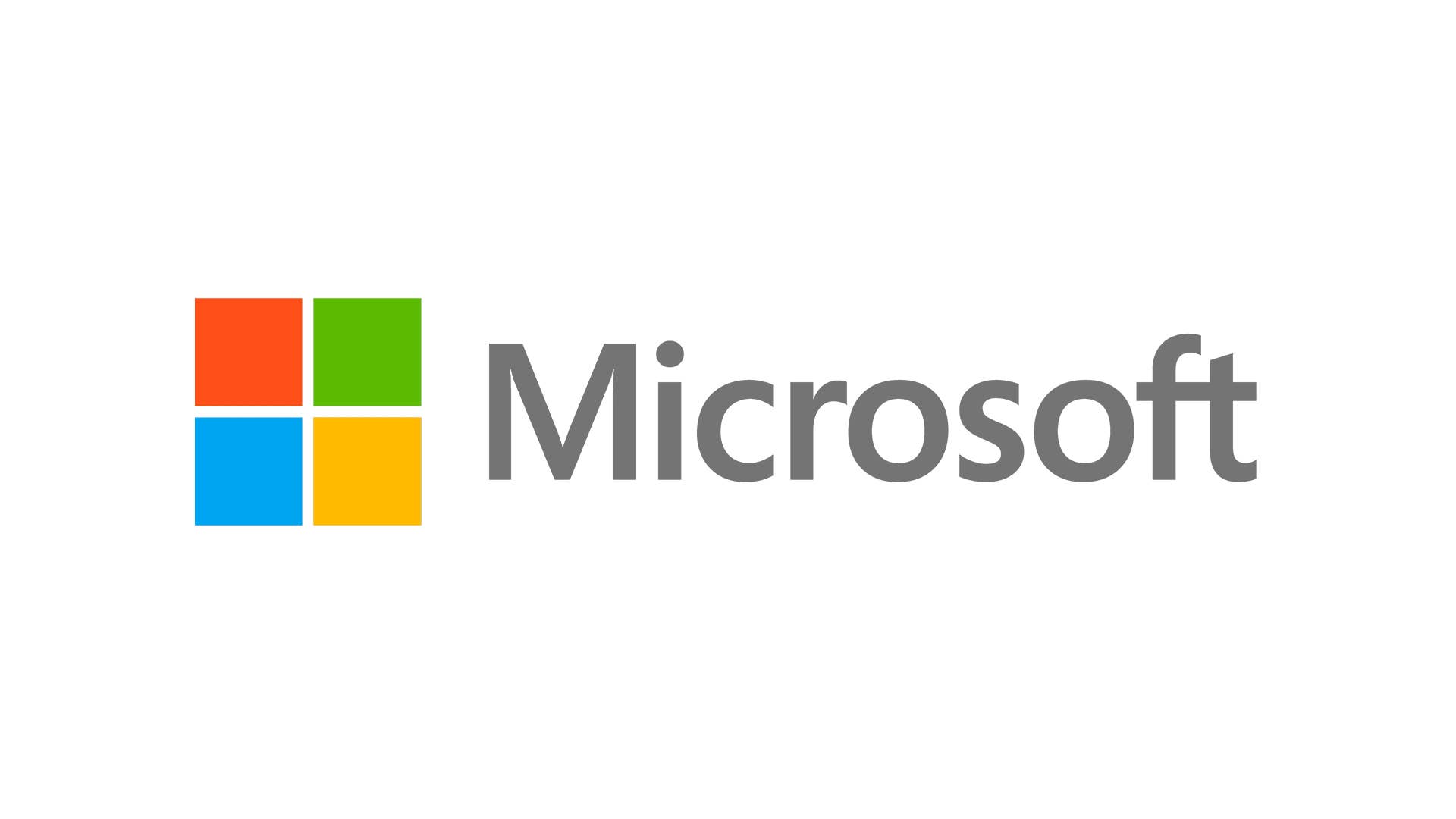
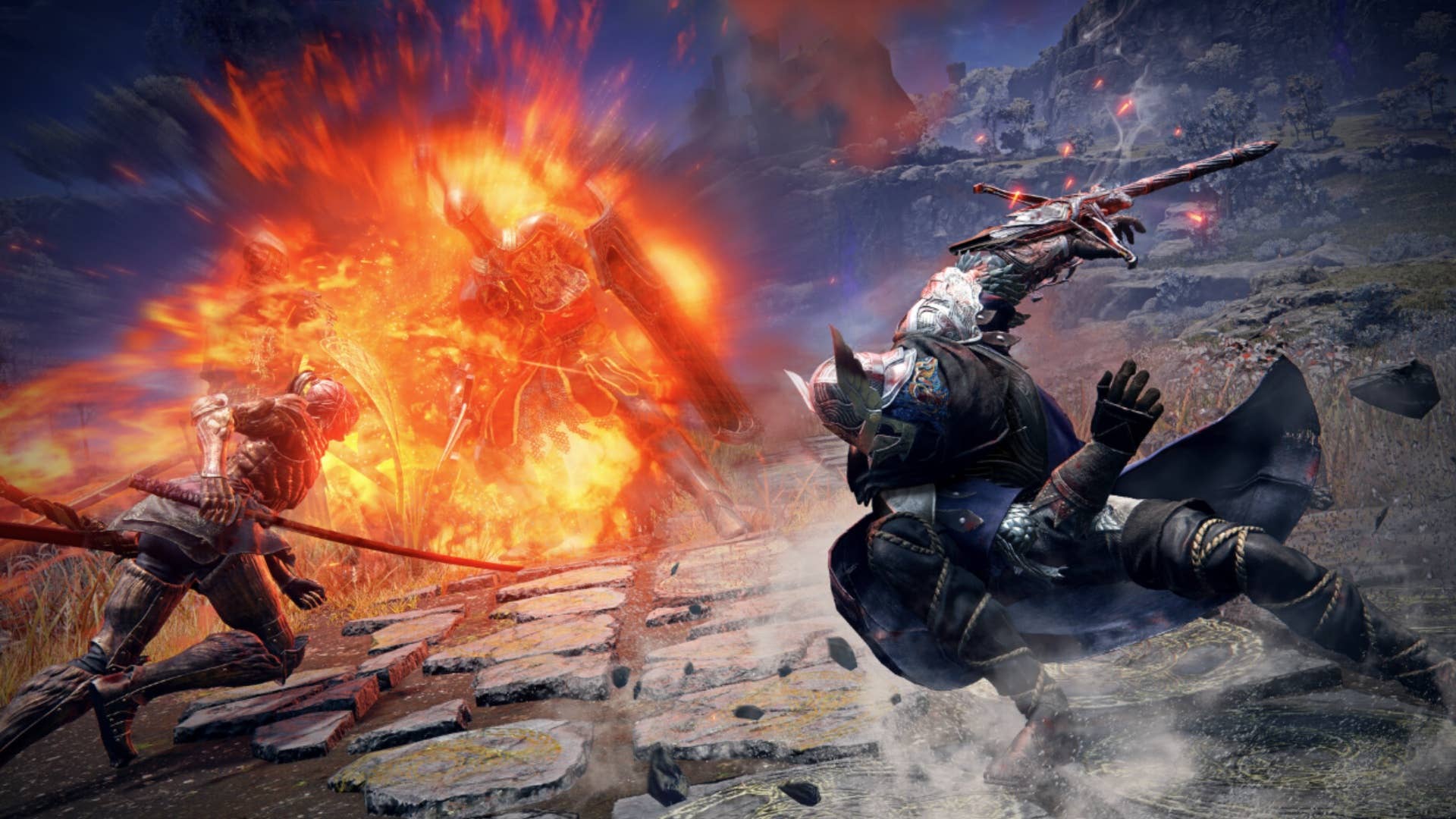












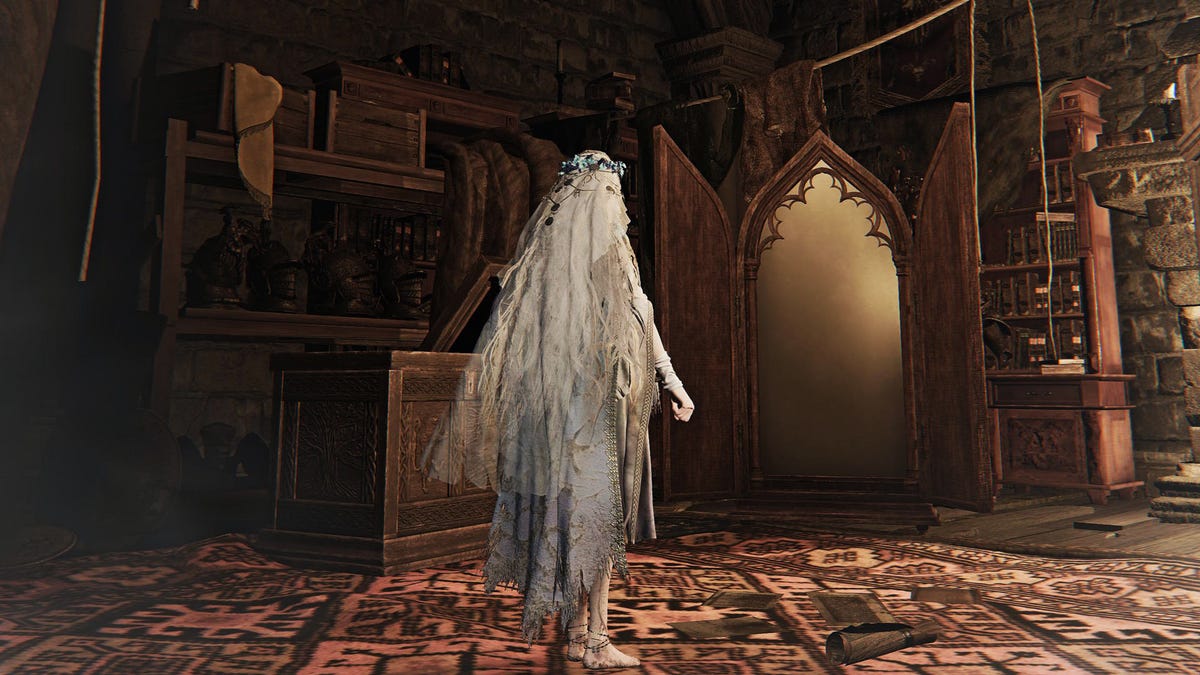
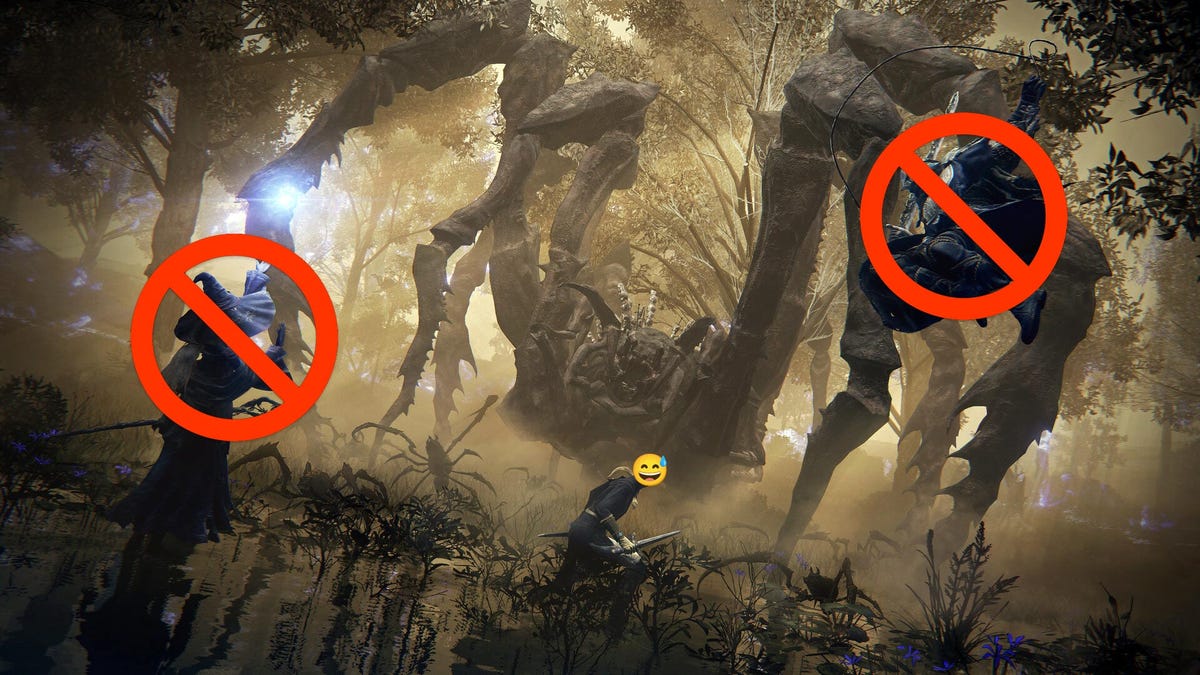
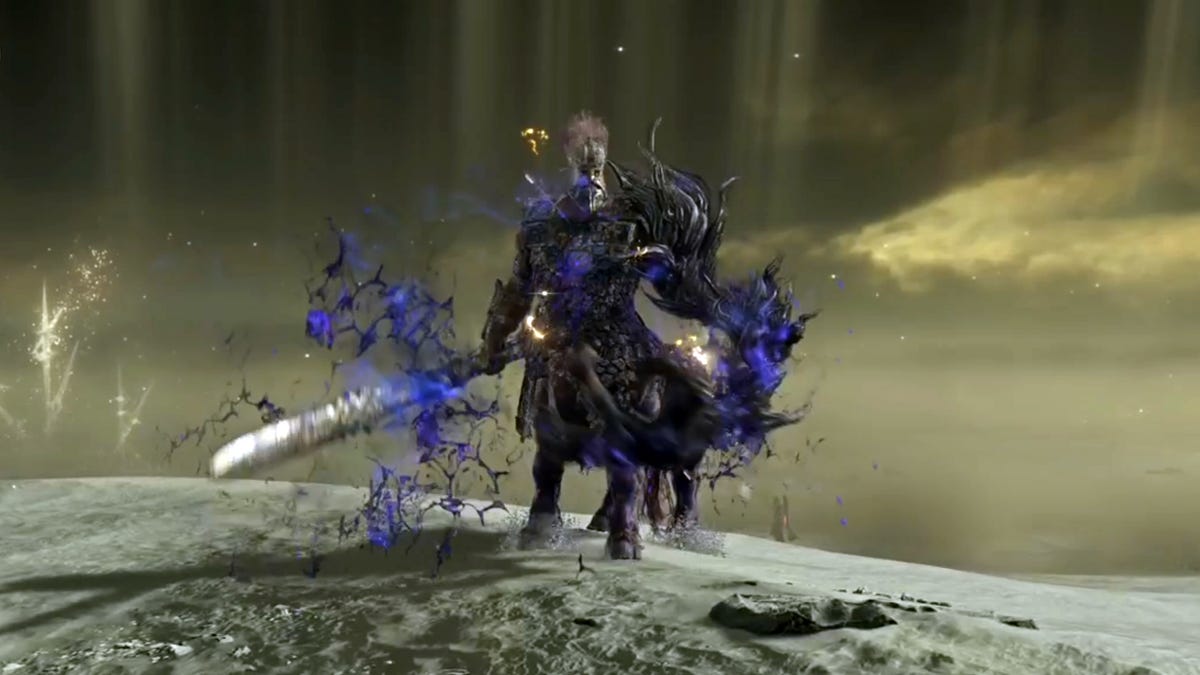
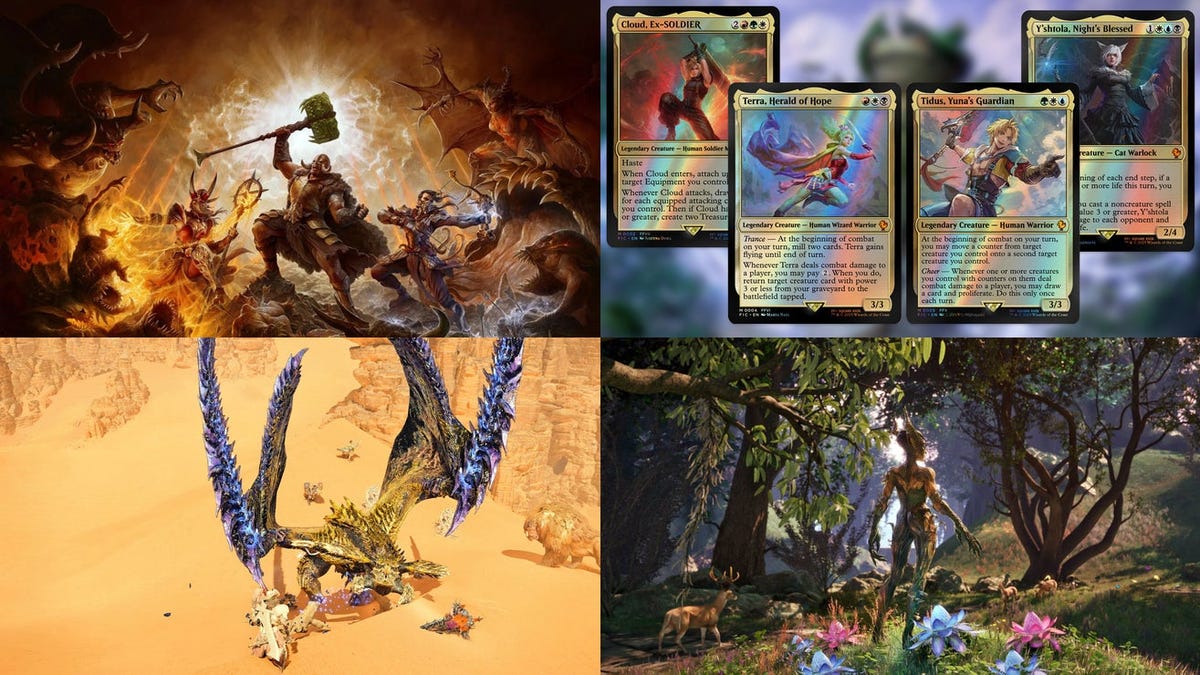






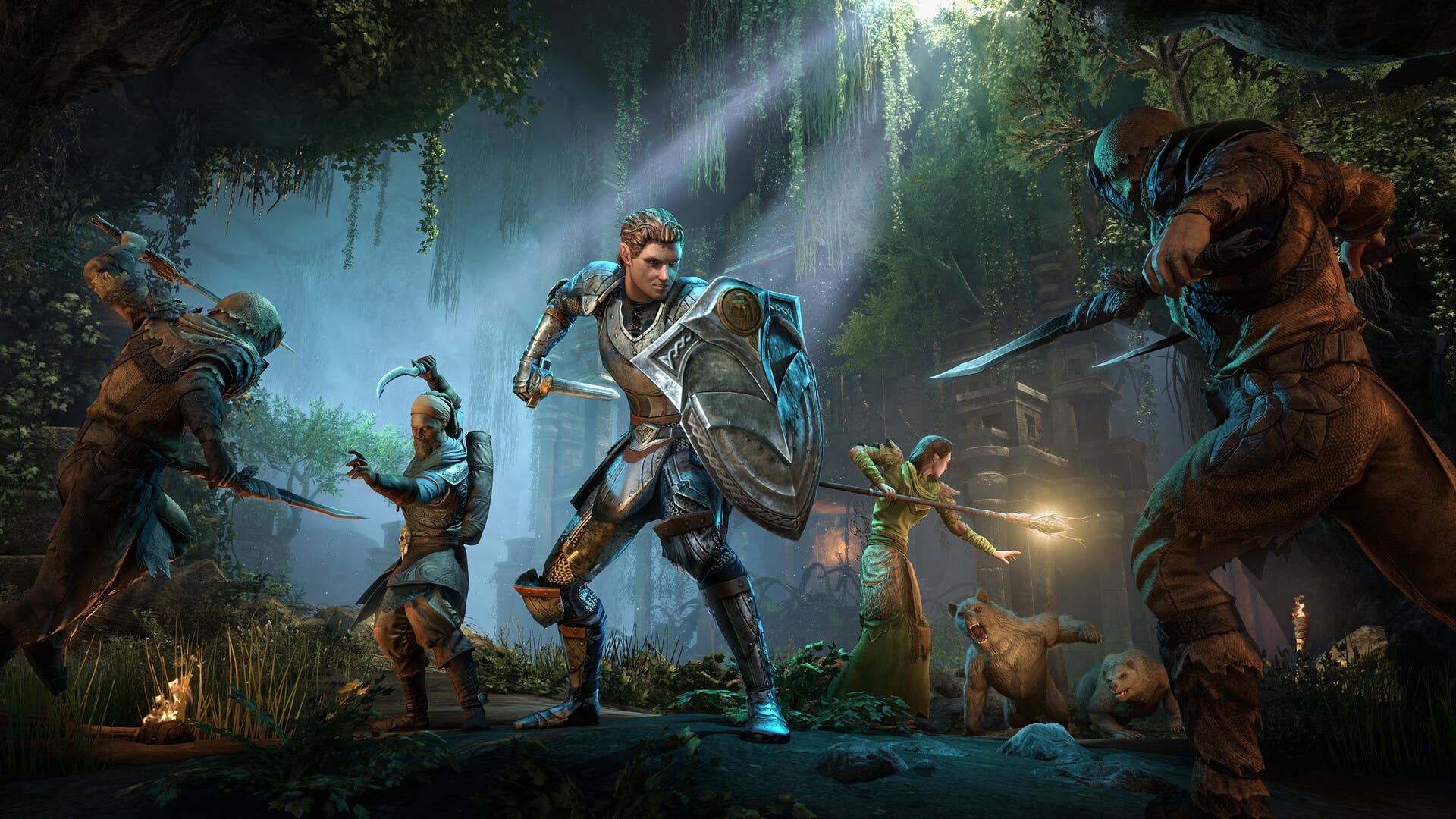
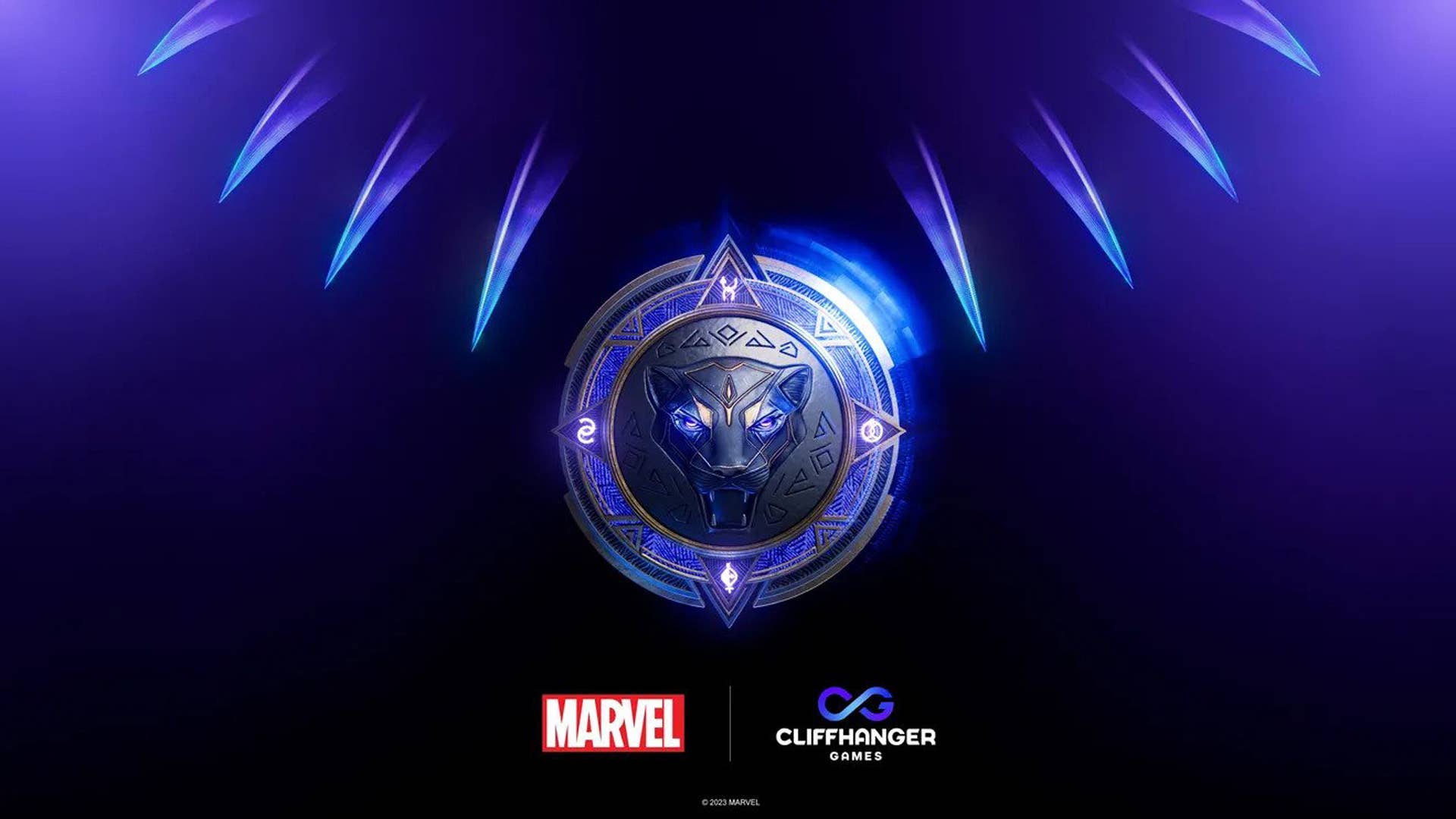
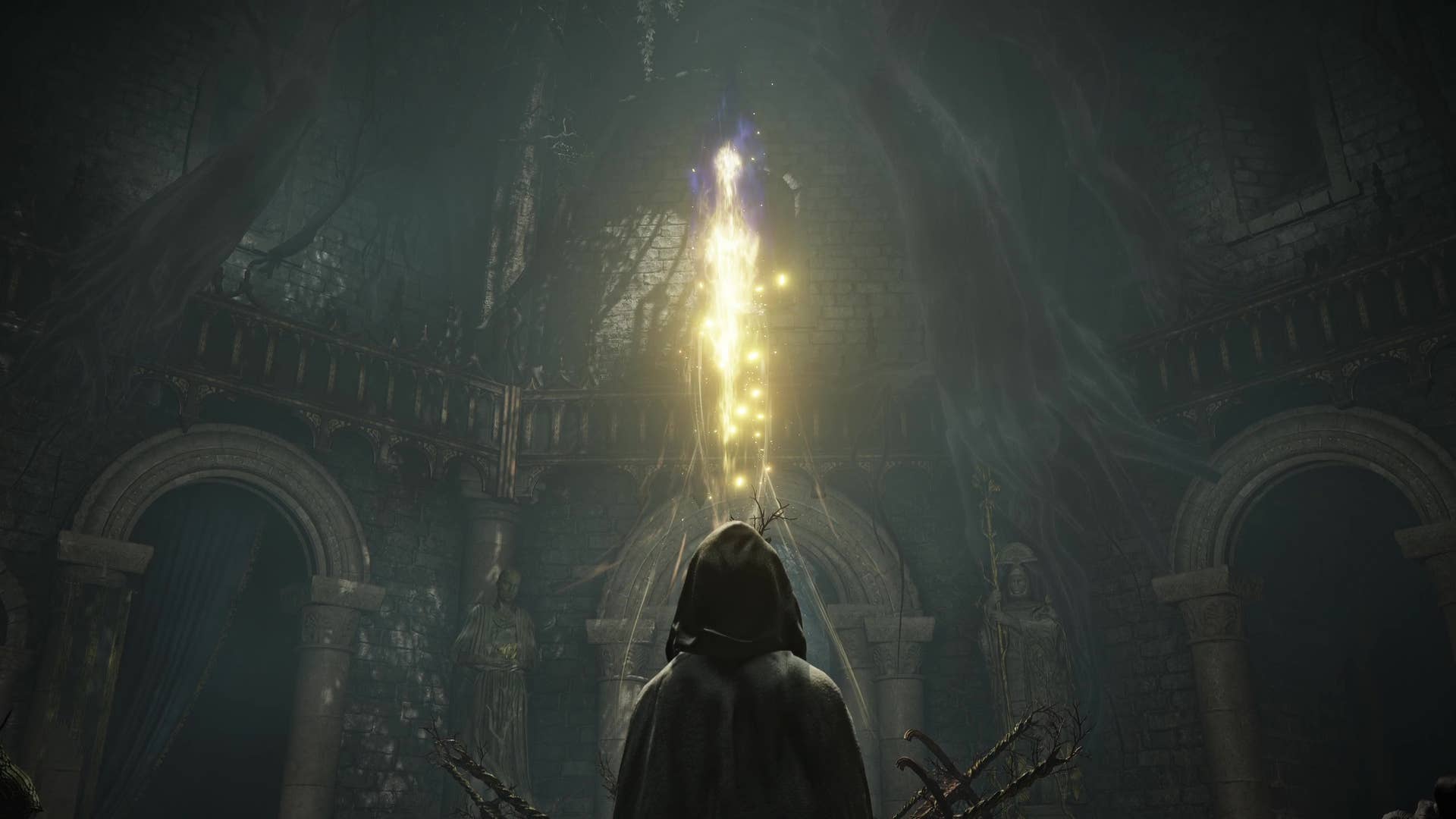







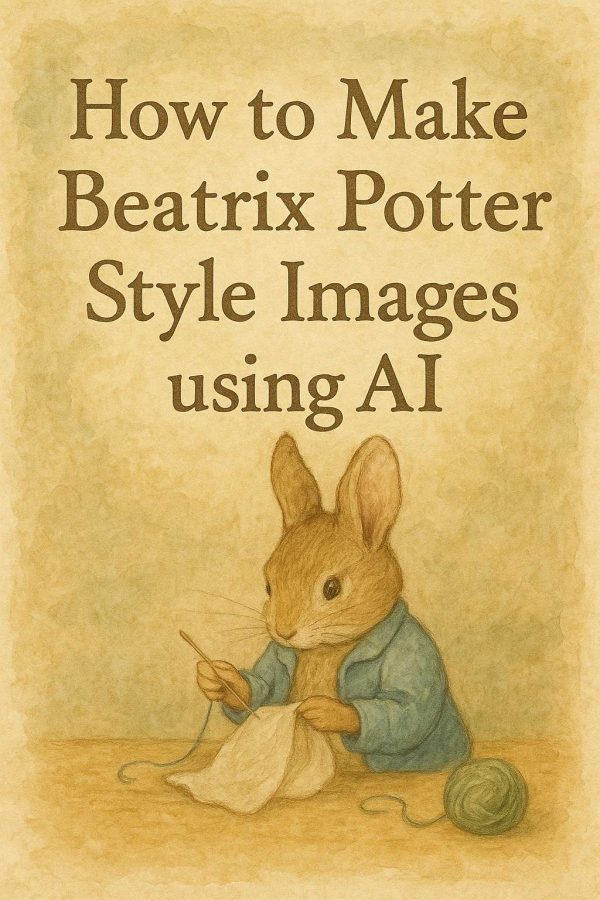






















































































.jpg)

































































